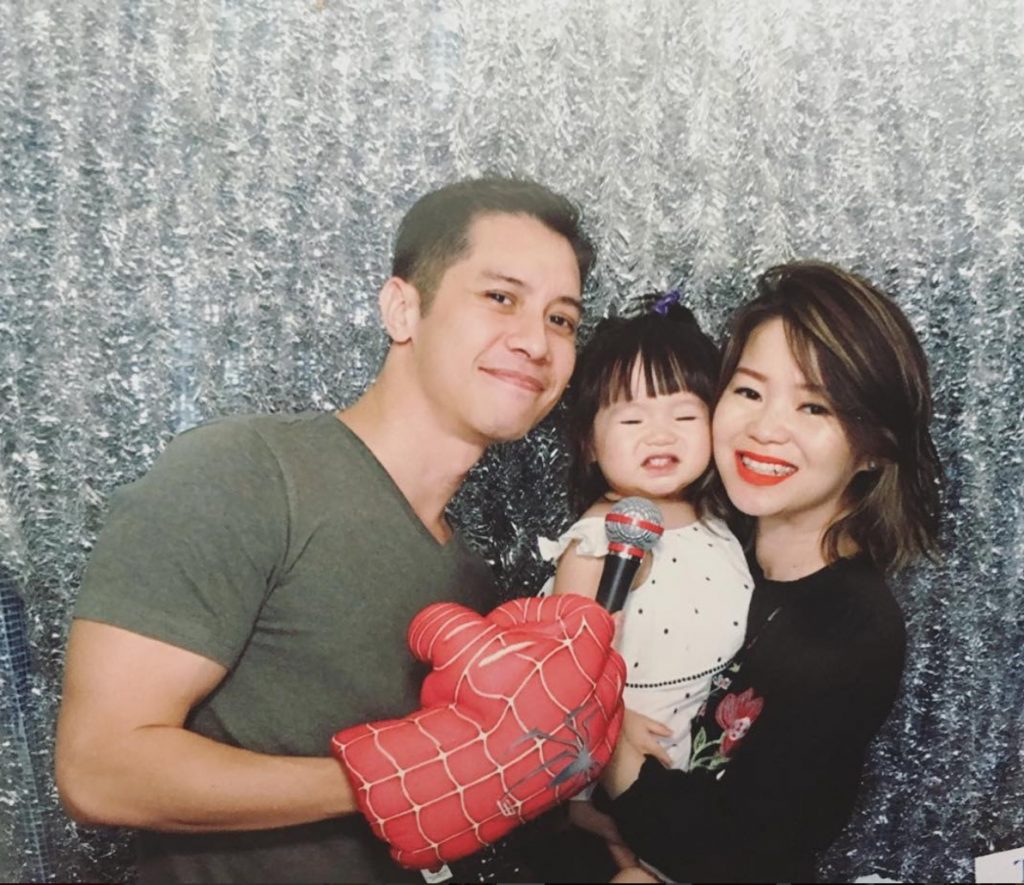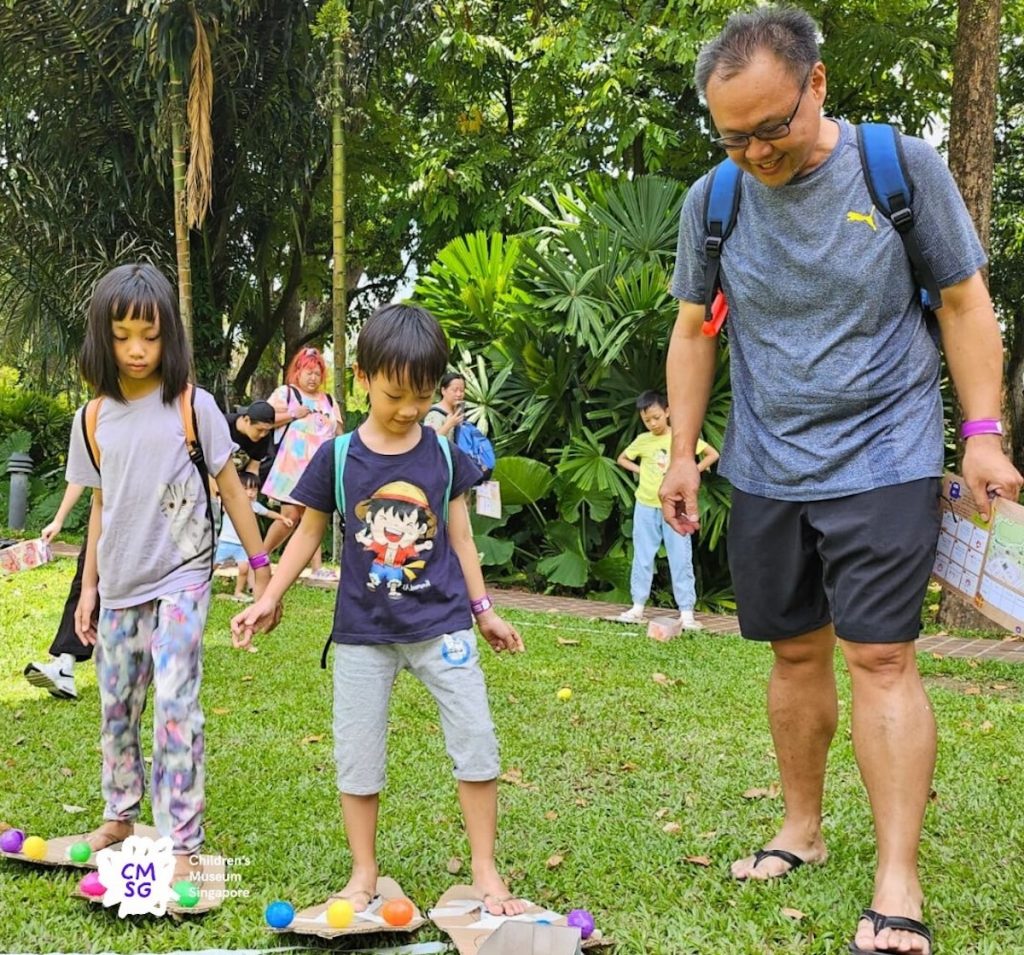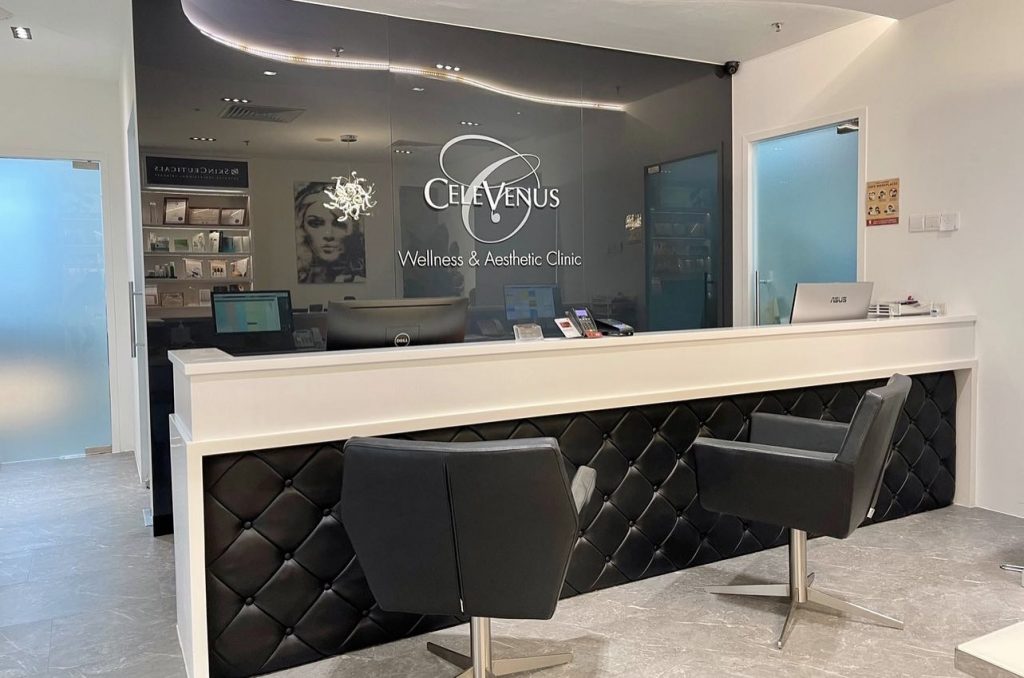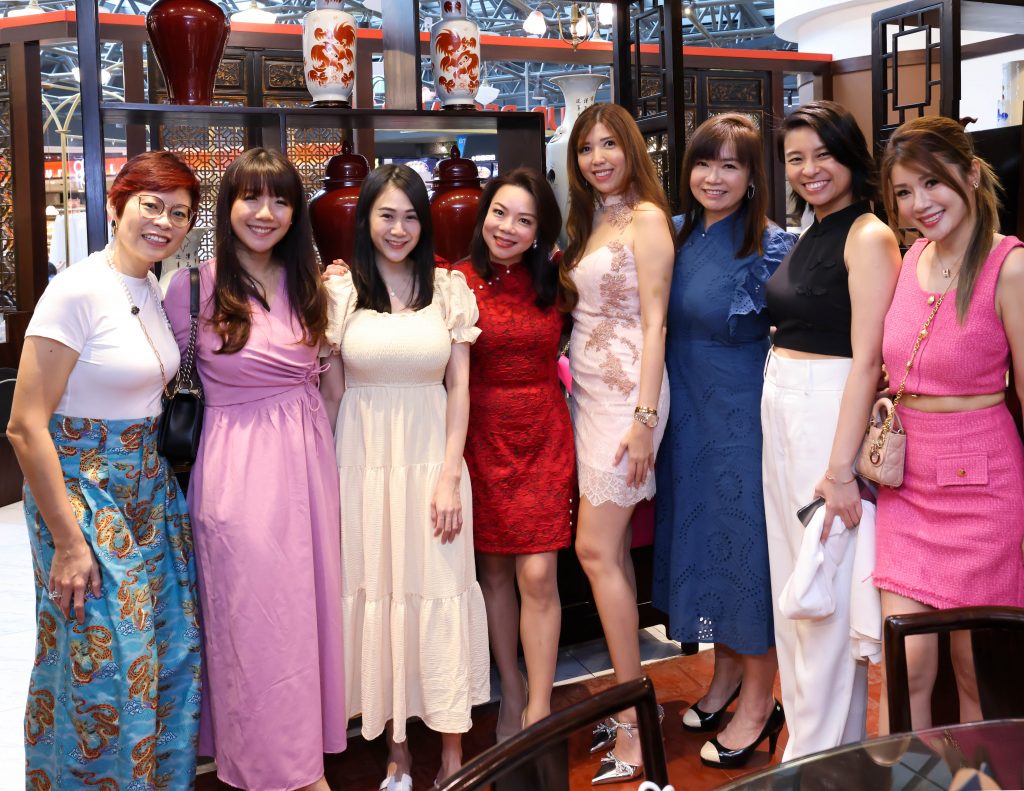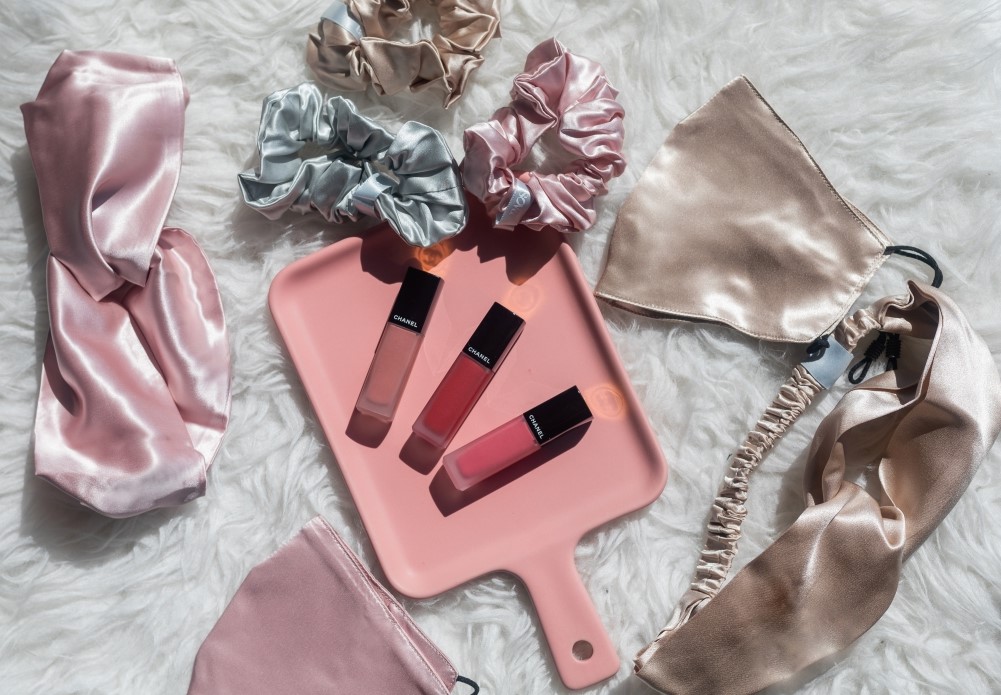In vitro fertilisation (better known as IVF) is an assisted reproductive technology used as a treatment and solution for infertility. IVF has helped many mothers who would otherwise have had problems conceiving a child and, yet, there are many who still find it difficult to openly talk about the process and their experiences.
But there shouldn’t be any stigma, according to musician, fashion lecturer and mother-of-one Ginette Chittick. In this interview, Ginette bravely shares her IVF experience and why she feels there should be more open discussion on the subject of infertility.
Melissa Lwee-Ramsay: Why did you embark on IVF? Was there a catalyst?
Ginette Chittick: My husband Shawn and I were figuring out if we wanted to have a child/children about a year after we got married. We were okay with both having and not having children. But we thought we at least would try to conceive so that we wouldn’t regret it later in life. Before actively trying, we did a check on our systems. We found out that I wasn’t ovulating and Shawn’s sperm were mostly deformed. All these were common, the doctor said, but if couples don’t get checked they would keep trying and not conceive for ages.
What were some of your considerations before embarking on IVF?
We really wanted to try our best at conceiving a child so that if it really didn’t work we would know that we did our best. So, considering the fact that we were no spring chickens, we decided that the best way was to just go straight for IVF, not other alternatives.
Was cost a factor? Are there any grants/subsidies available?
Yes, cost was a factor and because I found out about government subsidies pertaining to IVF, I knew that it was going to be very reasonable. I scoured government sites and IVF forums. In the end, we paid around S$1,000. The government and Medisave covered the rest of the cost.
Ed’s Note: Click here to read more about the subsidies available.
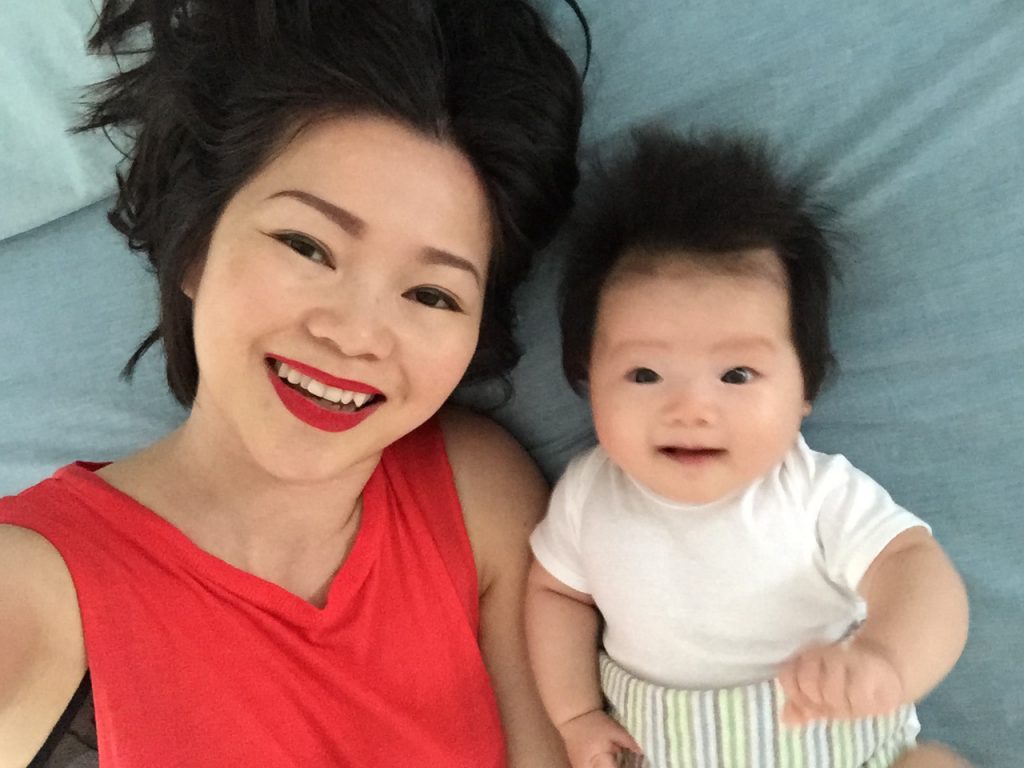
What was the IVF experience like? Were there any parts that were particularly challenging?
I was very lucky. I felt no pain. I know some women suffer from Ovarian Hyper Stimulation Syndrome, where they can literally feel their ovaries, as they swell with too many eggs, and every step they take hurts so badly that they literally have to just lie down. The only challenge I felt was the initial mental block in injecting myself with fertility shots for the first time. I was so scared. Imagine inserting a needle into your own tummy! I had never done it before and it felt so insurmountable. I sat there for what seemed like an eternity holding the needle over my stomach at the nurse’s office. Eventually I just did it and the relief I felt was huge. The subsequent attempts were smoother, as the needles used were very thin. I almost never ever felt them.
Even with IVF, results are not guaranteed. What was the waiting period like?
As you age, the odds of success are lower. I started IVF when I was 38 and was given a 25 per cent chance of success. So for me to conceive with our first try was a bit like winning the lottery.
I think I had to wait a few weeks but by the second week I grew very impatient and bought a bunch of home pregnancy test kits. The line, very faint at first, made me even more anxious because it was a case of ‘is this test kit working or what?’ Or ‘am I imagining this line?’ But as the days came and as more tests were being done in the privacy of my loo, the more confident I was that I had conceived.
How different is an IVF pregnancy from a normal one?
For me, the difference was that the doctor prescribed me a hormone pill called Progesterone. I hated it. It gave me really bad morning sickness but one where I couldn’t vomit, which was the worst. But it was necessary to strengthen my pregnancy. Other than that, I didn’t experience any real difference.
Do you have any unfrozen embryos left over and, if so, what do you intend to do with them?
I have one left that is a grade 3 (on a scale of 1-5) and it’s in cold store now. Although, to be honest, we’re not sure if we want to have any more kids. But it costs about S$500 to store it for a year so we have to make a decision fast.
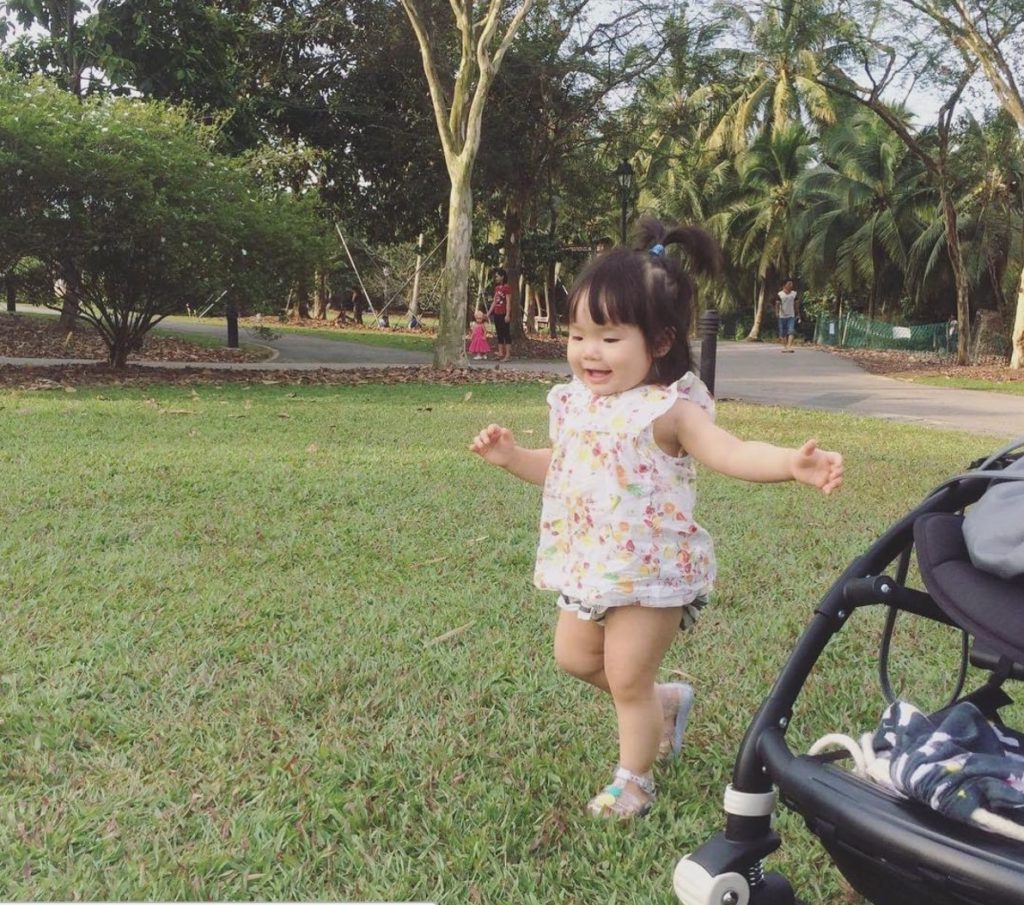
You mentioned you hope more people will talk about IVF so it becomes more normalised. Why do you feel this way?
I think there’s a stigma when it comes to talking about infertility. There’s a lot of shame and guilt. Most of the time, people can’t be blamed for their infertility problems – it can happen for no reason at all. Many women don’t even know that they’ve stopped ovulating; I certainly didn’t know. There’s also that ridiculous village mentality that a woman or a man is worth less because they are infertile. It’s unnecessary, mean and ignorant. By talking about it openly, my friends will feel it’s not such a big deal. I don’t mind my story being told because I have a beautiful and very smart toddler, all thanks to science and IVF.
What would you say to someone who is considering or has embarked on IVF?
Just do it, don’t over-think it and stress yourself out. A life with or without a child will be just as awesome if you make it an awesome life. It will be very unhelpful if you place too much stress on yourself during IVF.
Any last words of advice to mothers trying to conceive?
Before trying to conceive (especially if you’re slightly older), it is best to get your systems checked to know the full picture and how to proceed. However, I’m in no way saying everyone should have a child early because I know that wasn’t for me.
